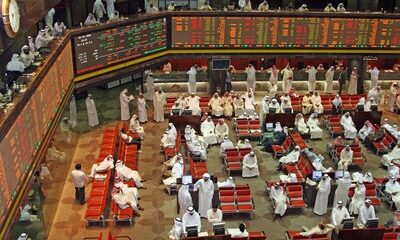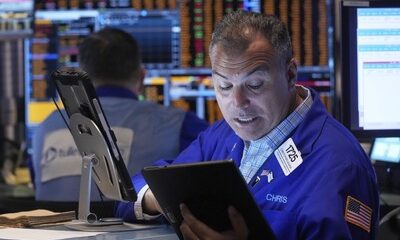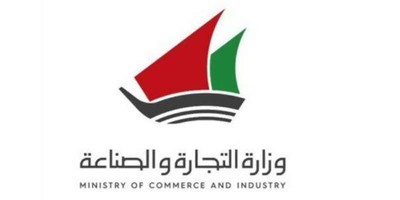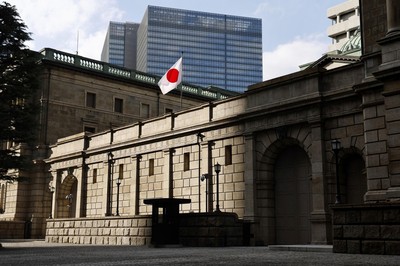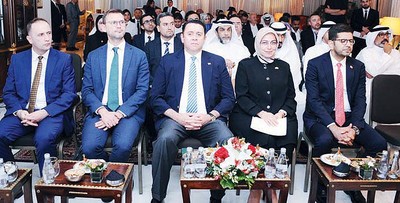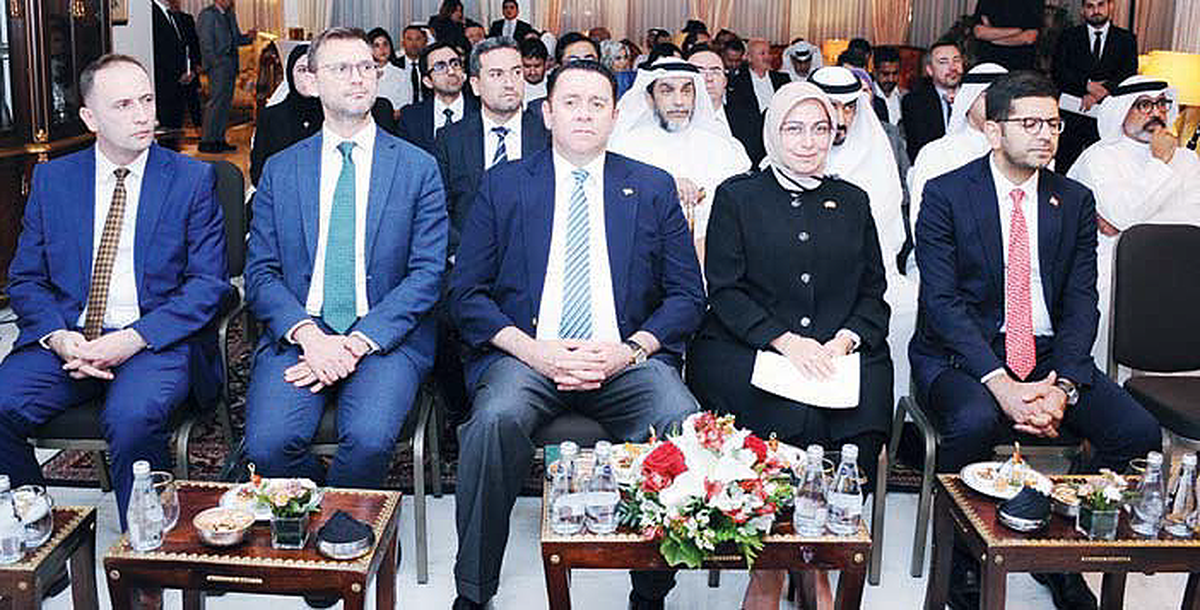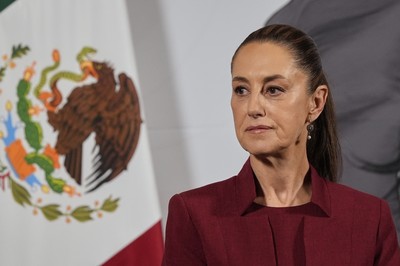Imagine executing a trade at the perfect price, only to have slow order processing shift the price against you—not due to market conditions, but because of poor execution. A split-second delay can mean missing out on a profitable opportunity or, worse, suffering unexpected losses as prices move beyond your intended entry point. Even a fraction of a second can mean the difference between a successful trade and a missed opportunity.
Execution speed and price precision are two of the most important factors in trading. A delay of just a few milliseconds can impact the outcome of a trade—especially for high-frequency traders. Delays, slippage, and inconsistent pricing can all eat into potential gains, making execution quality a key consideration for traders of all experience levels. While maintaining better control over trading positions and reacting swiftly to sudden market movements are essential for success, execution speed becomes even more critical in volatile conditions. This is especially crucial for traders operating on tight margins, where even small price deviations can accumulate into significant losses.
A broker with fast and reliable execution ensures that trades are filled as intended, helping traders maintain control over their strategies. With Exness, traders benefit from fast execution speeds that reduce slippage and allow them to react swiftly to market movements. In fact, slippage on the majority of Exness accounts is less than 1%*.
Navigating market volatility
Volatility presents both opportunities and risks for traders. Rapid price movements offer the potential for significant gains while also exposing traders to increased uncertainty. When markets are volatile, execution speed becomes even more crucial. Any delay can lead to a trader entering or exiting a trade at a less favorable price, impacting overall returns.
During major economic events or unexpected news, price fluctuations can be extreme. Traders with slow execution may encounter slippage, where their orders are filled at a different price than intended. While positive slippage can work in a trader’s favor, negative slippage—where the executed price is worse than expected—can erode potential profits.
The importance of price precision
Accurate pricing is just as important as speed. Even a slight variation in execution price can affect profitability, particularly for high-frequency and short-term traders who operate on extremely thin margins. The difference of a few pips can be the deciding factor between a winning or losing trade.
By trading on a stable platform with minimal latency, deep liquidity, and reliable price feeds, traders can execute orders at the expected price with minimal deviation. Inaccurate or delayed price quotes can lead to costly errors, making it essential for traders to choose their broker wisely.
For scalpers and day traders executing multiple trades in short time frames, price deviations can accumulate into significant losses. To mitigate this, Exness provides real-time market data and minimal order execution delays, ensuring traders can rely on price accuracy.
Optimal execution with Exness
Built to support traders in fast-moving markets, Exness’ execution model ensures seamless entry and exit, with orders processed in milliseconds. Whether executing a high-frequency strategy or placing a single well-calculated trade, traders benefit from a highly efficient trading infrastructure designed to minimize slippage and maximize price accuracy.
Exness achieves this superior execution using a cutting-edge approach that differentiates it from competitors. By leveraging Smart Price Aggregation, Exness sources bid and ask prices from multiple top-tier liquidity providers, dynamically selecting the most favorable price for traders. Unlike some brokers that rely on a single or limited set of liquidity sources, Exness’ aggregation model continuously scans and adapts to market conditions, ensuring consistently competitive pricing with minimal slippage. This allows traders to benefit from more accurate order execution, even during periods of high volatility.
Instant vs. market execution
Exness offers both instant and market execution, each specifically tailored to different trading strategies. Instant execution ensures orders are executed at the requested price, making it ideal for traders who prioritize price certainty and strict risk management.
Market execution, on the other hand, fills orders at the best available market price, catering to those who need to act quickly in volatile conditions. This rapid execution is crucial during high-volatility events, where even the slightest delay can impact profitability. By delivering reliable execution with minimal slippage and requotes, Exness enables traders to react swiftly to market movements and capitalize on opportunities.
Full transparency at every stage
Another key element of Exness’ execution model is its emphasis on transparency. Traders have access to a public tick history, allowing them to verify past pricing data and backtest strategies with confidence. The platform’s execution policies ensure fair and consistent pricing, providing traders with deep liquidity and stable spreads even during volatile periods.
By combining ultra-fast execution, minimal slippage, and a commitment to transparency, Exness sets the benchmark for order execution quality, giving traders the all-important strategic edge they need to succeed in the financial markets.

 Business22 hours ago
Business22 hours ago
 Politics15 hours ago
Politics15 hours ago
 Latest News20 hours ago
Latest News20 hours ago
 Latest News22 hours ago
Latest News22 hours ago
 Latest News13 hours ago
Latest News13 hours ago
 Politics12 hours ago
Politics12 hours ago
 Politics13 hours ago
Politics13 hours ago
 Latest News12 hours ago
Latest News12 hours ago


